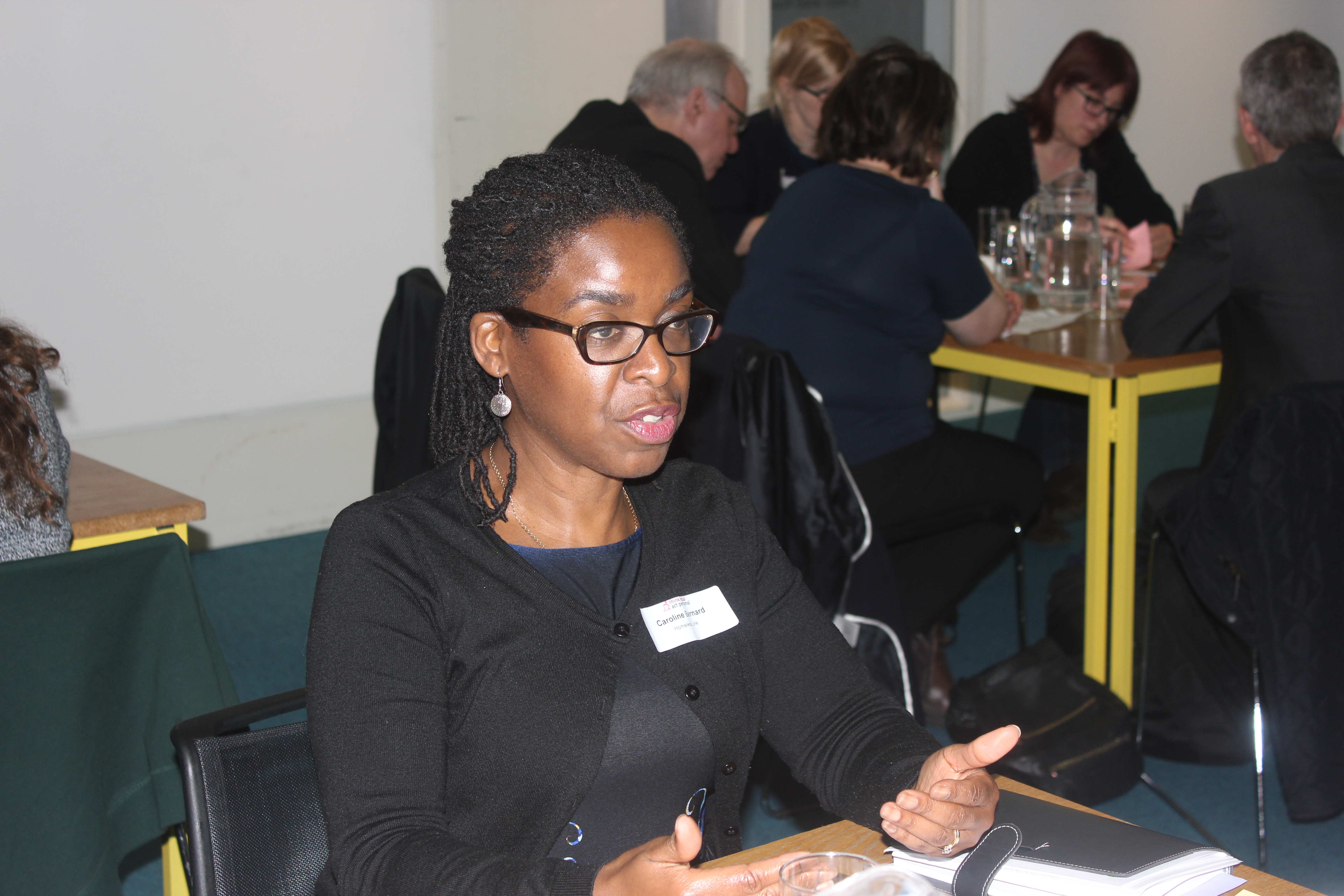A call for Making it Real

“Making it Real served a useful purpose at the time, and now we need to ‘make it real’ for the new context we’re living in.”
It’s been five years since Think Local Act Personal launched the Making it Real framework as a way of checking progress for transforming adult social care, based on what people who use services and carers expect to see and experience if services are truly personalised.
A lot has changed since then, not least the severe financial constraints faced by the care and support sector and an ever widening gap between the rhetoric of personalisation and the reality for people living with care and support needs, or caring for those who do. With that in mind, and with almost 1,000 organisations signed up to the Framework, TLAP recently hosted a summit to ensure that the next five years of Making it Real are as focused, powerful and fit for purpose as the last five have been.
Over 60 partners, including those who are using Making it Real in their own localities or organisations attended and helped us re-evaluate our work to date, and re-invigorate our thinking and approach.
Rt Hon Norman Lamb MP
We were joined by Norman Lamb MP who supported Making it Real when Minister for Care in 2012 and spoke encouragingly.
“A candle in the dark”
From the energetic break-out sessions the resounding messages were:
- Making it Real, and the ‘I’ statements in particular, have been a force for good during uncertain times - a “candle in the dark”.
- Making it Real as a framework, and as a movement within care and support sector, has brought real clarity and inspiration and we have a collective responsibility to continue doing so.
Widening the reach of Making it Real
Discussions and brainstorming sessions focused on the importance of using the Making it Real framework as an "enabler" and "facilitator" of conversations with people receiving care and support, carers and practitioners. They also raised the importance of making a greater effort to involve colleagues in the NHS as well as concerns for how to make sure that the framework is sustainable moving forward.
“One great success of Making it Real has been a shift in the conversation from ‘what can we do for you?’ to ‘what would you like from life?’”.
“We need to strengthen the ‘I’ statements in the Making it Real framework so that citizens feel enabled to challenge the ‘system’.”
“We need to commission for people not for budgets”
So, whilst there was agreement that the Making it Real framework has been a huge success and has established a new standard and way of working across the care and support sector, there was also an understanding that now is the moment to refine and improve the document to ensure that it remains as relevant, useful and powerful a tool for change, as it has done over the past five years.
Key to this enhancement is to make sure that the positive work achieved so far upholds the principle of people being front and centre of designing and delivering care and support services that helps and empowers them to be active citizens in their own communities.
What has happened since the summit
TLAP staff have taken the feedback from the summit and reflected on the points raised by participants with some additional thoughts from the team.
The headline messages which we felt were most pressing for taking forward to the next phase are the following:
- Its central purpose remains a framework and description of what good personalisation looks like but now from a citizen perspective, rather than just people receiving care and support and carers.
- It should be broad in scope. In relation to adult social care it should explicitly cover those with and without eligible needs.
- In line with a citizen focus, it should reflect the ‘wider world’ and not just the relationship between people and councils.
- It should speak more explicitly to various parts of the ‘system’. Commissioners, planners and providers were specifically mentioned in this regard, although it must also be of easy use to the ‘front-line.’
- It can act as a bulwark against austerity but also help with creating a more efficient system. This will be helped if it is written in a way that provides a framework for evaluation and evidence that can demonstrate positive outcomes for individuals and the system.
- Ideally it should cover cradle to grave and describe what good joined up care and support looks like using a shared language covering if possible health and housing
- It will need to do all of this whilst retaining a ‘bottom up’ focus, being written in straightforward language, and avoiding being too long.
The method of production for updating Making it Real
TLAP will be working closely with National Voices (NV) (opens new window) and the Coalition for Collaborative Care (C4CC) (opens new window). We are going to establish two time limited groups which will interlink: a ‘doers’ working group and a wider reference group. The former will be co-chaired by a member of the National Co-Production Advisory Group (NCAG).
We are very shortly going to start asking people to join us. Members will be drawn from those who attended the Summit and other key partners.
The first of the meetings will take place in June 2017 and we plan to have a new Making it Real agreed and approved by March 2018. We will produce regular updates to keep people informed.
